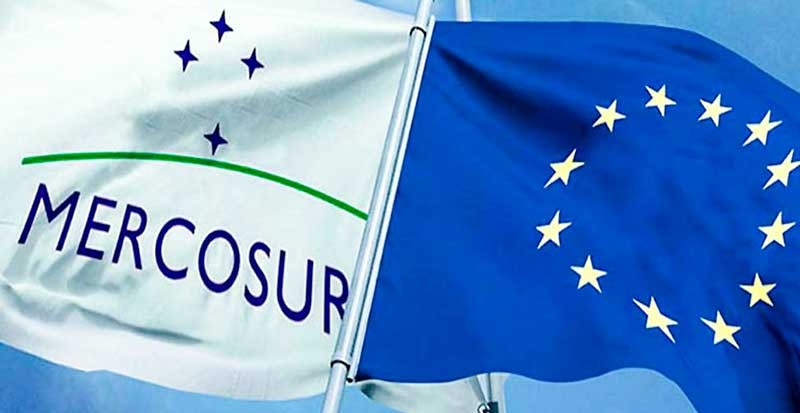


At the end of June, the CEC -European Footwear Confederation- made up of numerous sectoral associations and the COTANCE -National Tanners Associations of the European Community-, signed a joint document with 12 business and industrial entities of that continent to demand that the Community authorities "a prompt ratification of the EU-MERCOSUR trade agreement."
This implies accelerating time for the commissioning of the agreement, its regulations and practice effective.
After two years have passed since the approval of the trade pact between the two blocs, the European representatives consider that it is time to "move forward and unlock the multiple mutual benefits that this agreement will generate."
In this sense, the entities of Europe indicate that its entry into force will provide regulatory certainty for the trade of goods and services, and will establish better commercial links between countries of 440 million inhabitants (Europe) and 260 million (Mercosur). The agreement will promote growth and help both regions recover from the current economic and public health crisis.
The EU-Mercosur association agreement is very important for both the European Union and Mercosur: in 2019, exports of goods from the EU-27 to Mercosur were 41.2 billion euros, while exports of services reached 21.1 billion euros. euros in the same year. Companies based in the EU27 have invested 114 billion euros in the Mercosur markets since 2010, creating 290,000 jobs in Brazil, Argentina, Uruguay and Paraguay.
For their part, in 2019, the Mercosur countries exported 35.9 billion euros in goods and 10.8 billion euros in services to the EU.
Investments by Mercosur-based companies totaled 1.7 billion euros in the EU27, which have created more than 7,000 jobs across the continent since 2010.
European sources indicated that the agreement is expected to increase Mercosur imports by 10.6% and exports to Mercosur by 52%, creating jobs and allowing a better flow of goods and services.
From the leather-footwear-manufacturing sector of Argentina, Uruguay and Paraguay, although there have currently been no formal statements on the matter, in industrial circles and business people there are expressions of concern about the eventual implementation of the agreement in a period of highly affected economies. Many Argentine footwear factories, for example, with productions of articles in leather, of medium and high lines, see strong competitors in some of their European peers.
The situation in Brazil is different and requests the ratification of the free trade agreement, since the European Union represents 20% of its exports.
RELATED ARTICLE: